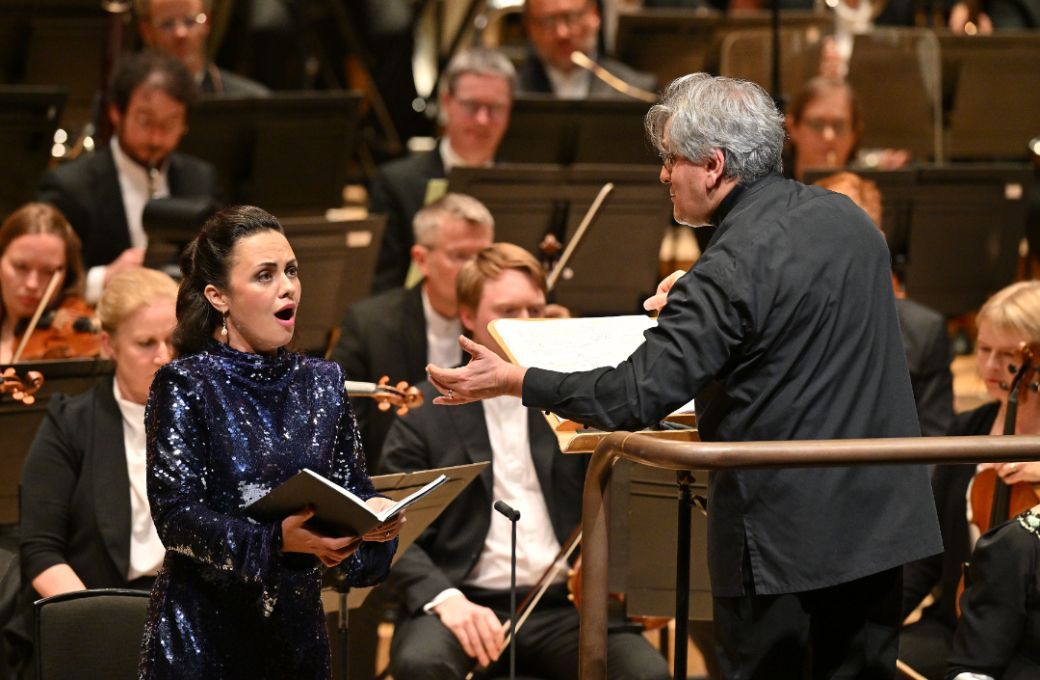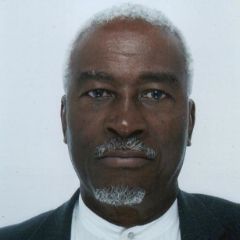In a world continually staring into the abyss, what are our options for riding the emotional roller-coaster of that dolorous state of affairs? Should we pick an argument with God and hold Him to account? Or shall we trust to the resilience of a common humanity? That might be one way of summing-up the London Symphony Orchestra’s highly-charged opening concert of its new season at the Barbican.
Sir Antonio Pappano’s programming of two Third Symphonies – by Leonard Bernstein and Aaron Copland – cannot have been lightly made and his full-blooded accounts of them did not give any clues to his preferred stance on the dilemma. Nor did he provide the audience with any ready-made soundbites – which is as it should be. What was clear is Pappano’s belief that both composers have something profound to say, for which he and his collaborators provided a platform broad enough to accommodate the all-encompassing vision of Bernstein’s affirmation of faith, and sufficiently deep to capture Copland’s alluring grandeur.
The argument with God was Bernstein’s response to Cold War anxieties, his “Kaddish” to his own text in English, Aramaic and Hebrew. He employs large forces, both choral and orchestral, a narrator and a singer to make his case, fearful that after him there might not be anyone to do it. Pappano’s choice of chief advocate was Dame Felicity Palmer whose haunting appeal to the “Betrayed and rejected Ruler of the Universe” was riveting. As might be expected from such a consummate actress, her delivery had fire where anger was required and passion to drive home the gloves-off invective. That indictment was answered in grand style by the London Symphony Chorus, the Tiffin Boys’ Choir and the soprano Katharina Konradi whose trail-blazing career is blossoming by leaps and bounds. The sound made by the Chorus on its own was a magnified and sanctified cloud of exaltation; the Choir added a bright vein of praise and Konradi’s voice was the bell tolling in exhilaration. It was thrilling.

Copland’s symphony is founded upon his Fanfare for the Common Man, written during the dark days of the Second World War as an embodiment of the triumph of hope over adversity. The composer’s own triumph was to infuse the fabric of his work with an acute sense of belief in human agency without appealing to supernatural forces. Although it is the brass which carries the emotional weight of the fanfare, its first appearance is in the woodwinds; very finely played it was a truly glorious moment ingeniously plotted. It is as if Copland heard the theme as a private thought which then had to be made manifest for sharing. There was a tiny speck of dust on the first entry of the brass but that was swiftly consumed in the blazing heat of the full orchestra, a frenzy of joy calculated to refresh the spirit and enliven the heart. Gripping is a good word to sum it up, and to describe Pappano’s impassioned conducting.


